It all starts with a sneeze, followed by sniffles. Then here comes the cough. Clearly your child has a cold … or is it allergies? Turns out many parents struggle to figure that out. "Sometimes it can be hard to differentiate between common cold symptoms and allergies," says Dr. Joy Greene, clinical professor of pharmacy at High Point University. "But there are differences." Here's a symptom-by-symptom rundown of how colds and allergies differ to help you suss out which one your child has.
How do you tell the difference between colds and allergies?
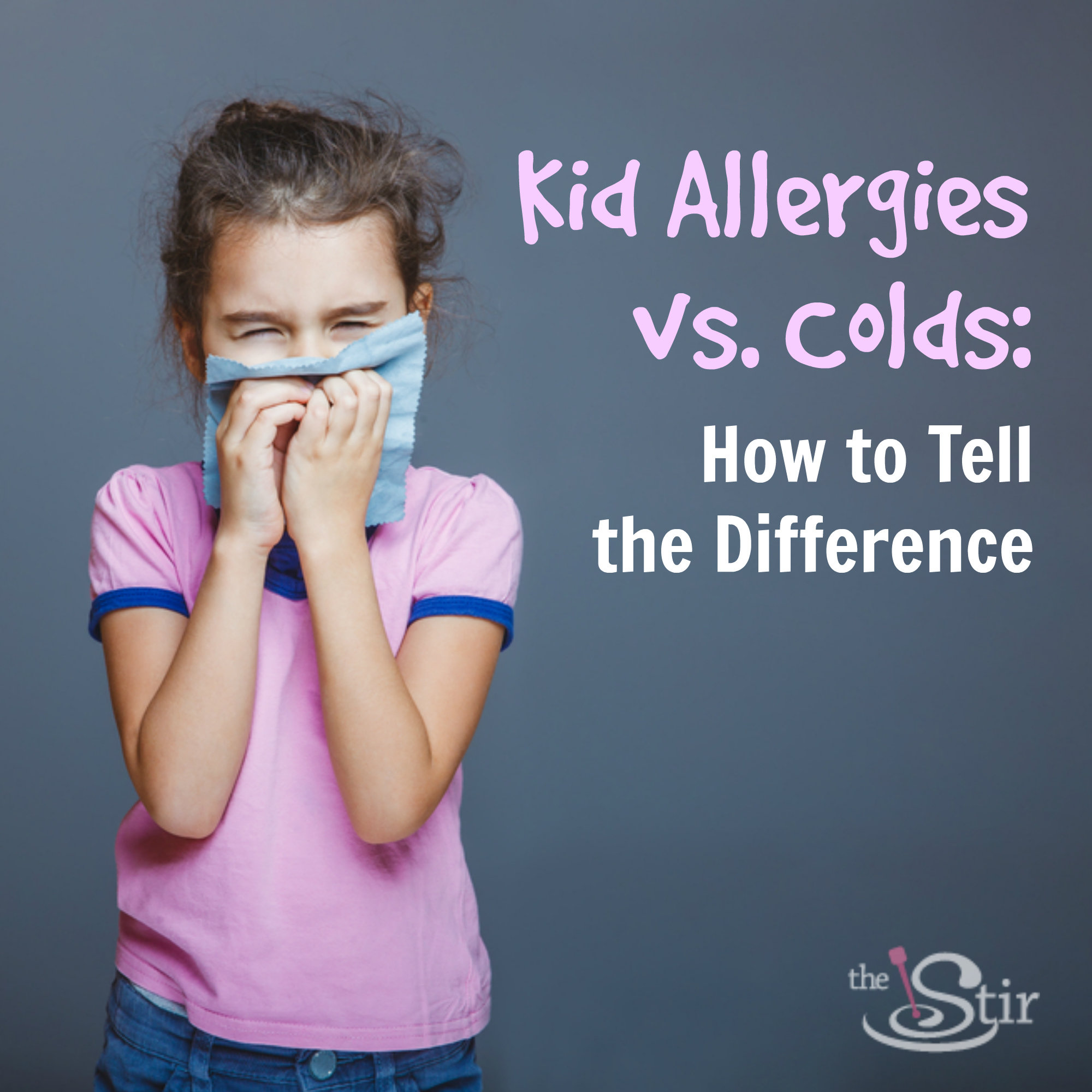
Image © JBryson/iStock; © maxim ibragimov/shutterstock
Fever

Colds: Common. A fever is one of the easiest ways to tell the difference between colds and allergies. "If your child has a fever, he or she has a virus," says Hannah Chow, MD, pediatrician at Loyola University Health System. Colds generally have mild fevers that really don't reach above 101.
Allergies: "Fevers are non-existent with allergies because it is not caused by a virus your body has to fight off," says Robert Danoff, MD, program director for Family Practice Residency at Aria Health.
Red, Itchy Eyes
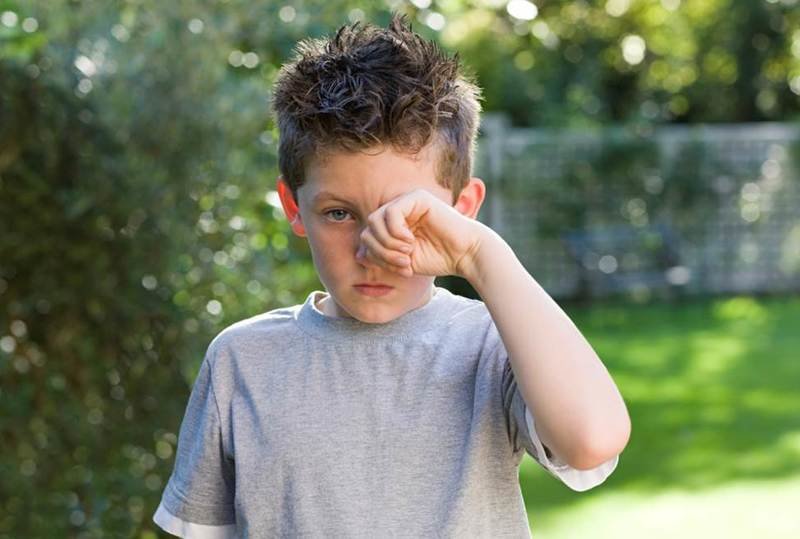
Colds: Rare to nonexistent.
Allergies: Itchy eyes are common with allergies because allergens (such as pollen, dust, and dander) enter the area, then they begin to irritate the mucous lining in the eye, says Dr. Danoff.
Sore Throat

Colds: Common.
Allergies: Rare. Congestion and post-nasal drip from allergies can cause soreness, but it may feel more like an itching sensation, adds Spencer Blackman, MD, at One Medical Group.
Cough
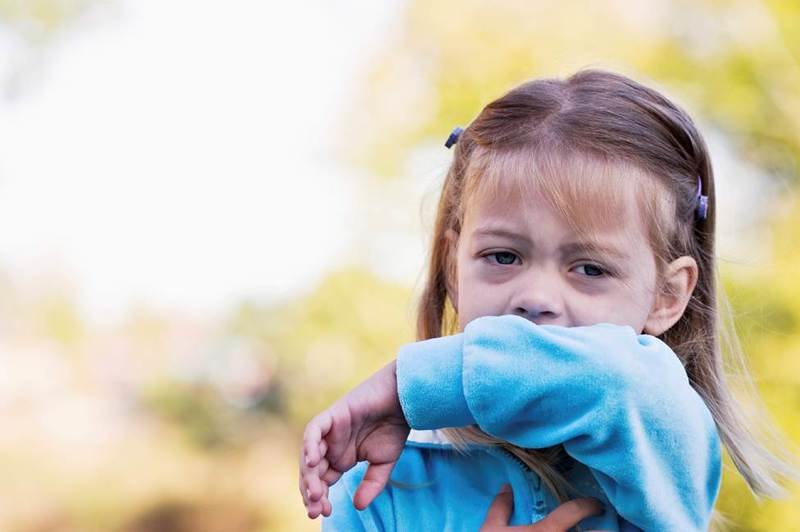
Colds: Prominent, particularly near the end of the cold.
Allergies: Possible, but not prominent, says Dr. Chow.
Headache

Colds: Rare.
Allergies: A definite possibility, especially if it's due to stuffiness. "If your head is stuffed up and you have a headache but you don’t have a fever, then you likely have allergies," says Ed Neuzil, RN, a nurse practitioner in Florida at the Allergy, Sinus, and Asthma Family Health Center.
Chills
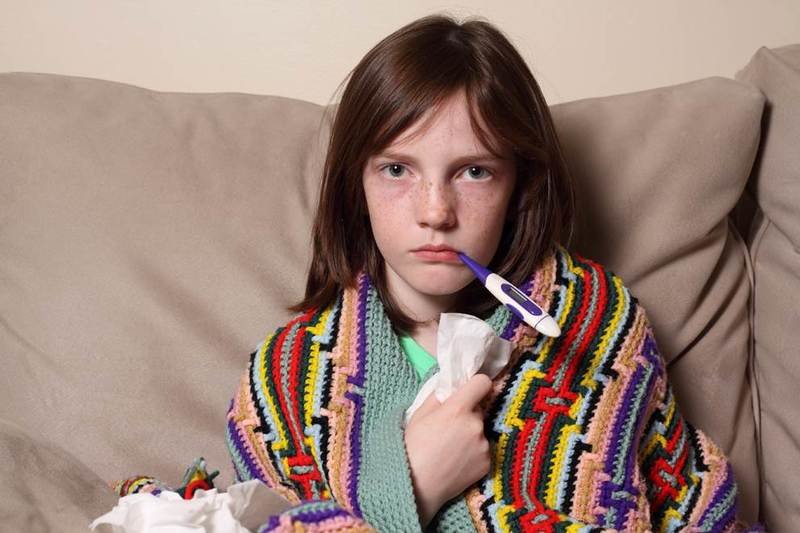
Colds: May happen.
Allergies: Rare to nonexistent.
Body Aches

Colds: Common. While some people can experience pains prompted by rainy spring days, general body aches are usually the result of a viral infection, says Dr. Martino.
Allergies: Rare. "Allergies generally do not cause a fever or body aches," says Robin Miller, MD, an internist and integrative medicine specialist and the current spokesperson for the Stories of Strength program.
Fatigue
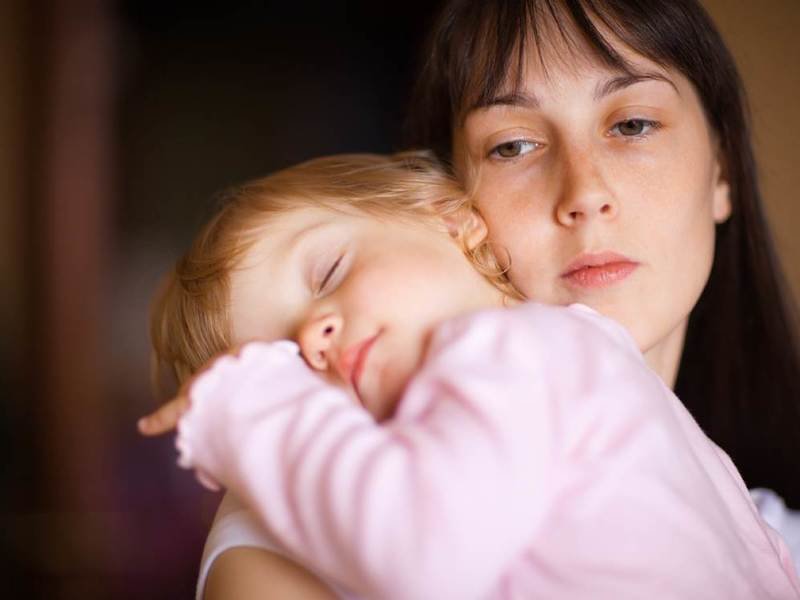
Colds: Frequent.
Allergies: May happen, but for different reasons. "With ongoing allergic reactions, you may lose sleep or have poorer quality sleep, which can be tiring," says Dr. Blackman.
Loss of Appetite

Colds: Frequent.
Allergies: Rare.
Onset of Symptoms
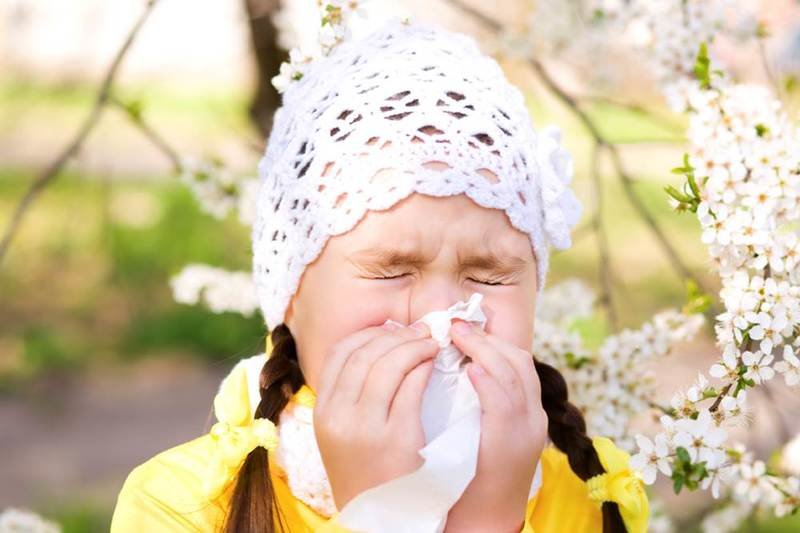
Colds: Gradual over days. Colds take a few days to appear.
Allergies: Immediately. "Allergies usually come on immediately when you are exposed to the allergen," says Dr. Miller.
Duration of Symptoms
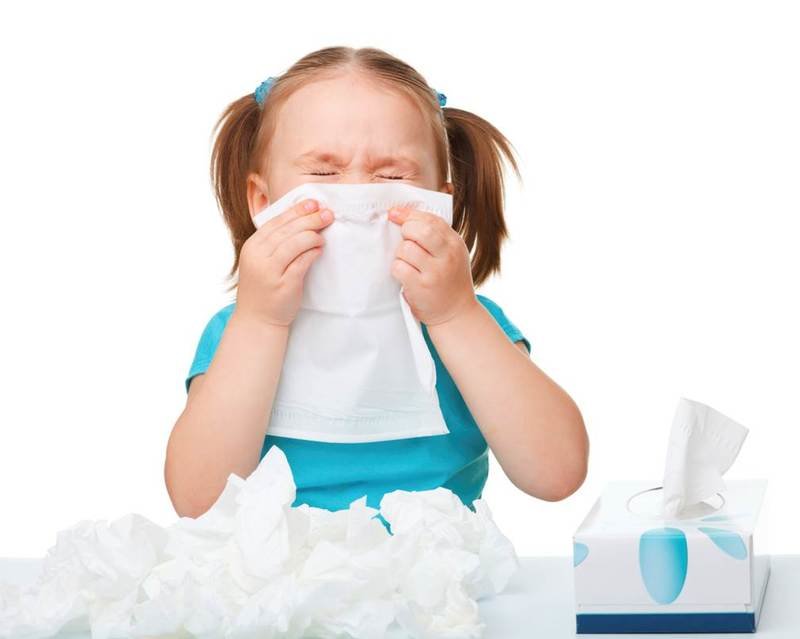
Colds: A cold tends to come on strong, last five days or so, and then fade away, says Dr. Blackman.
Allergies: Can last weeks to months and wax and wane, depending on the seasons and the allergens the patient is exposed to.
Contagiousness
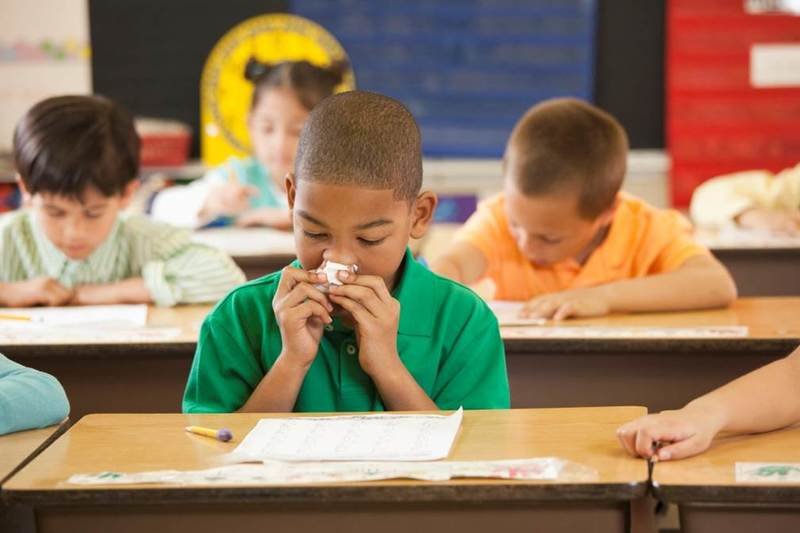
Colds: Very — if everyone at school is sick, odds are good your kid caught the bug that's going around.
Allergies: Allergies are not contagious, so if your kid is one of a few who's miserable, that's probably what he has.




